4J50 pins
4J50 pins are made of 4J50 alloy. 4J50 alloy is an iron-nickel fixed expansion alloy with a specific expansion coefficient, also known as iron-nickel-cobalt glass-sealed alloy. This alloy has a linear expansion coefficient similar to that of hard glass in the temperature range of -60°C to +80°C, so it is often used for matching sealing with hard glass.
4J50 pins are widely used in electronic packaging, electric vacuum devices and other fields, especially where precise matching and stable connection are required. Due to its excellent properties, such as good thermal stability, low expansion coefficient and good processing performance, 4J50 pins can provide reliable connection effects and stable performance.
4J50 alloy is an iron-nickel constant expansion alloy whose composition matches the expansion coefficient of different soft glasses and ceramics in a given temperature range by adjusting the nickel content. As the nickel content increases, the expansion coefficient and Curie point of the 4J50 alloy also increase. This alloy is widely used as a sealing structural material in the electric vacuum industry.
4J50 alloy has good constant expansion performance and corrosion resistance, and has a high Curie point.
4J50 alloy is a precision sealing material commonly used in the electric vacuum industry. It is widely used in packaging and protecting electronic devices or instruments through its specific constant expansion performance and good process performance.
Chemical Composition of 4J50 Precision Alloy
| material | 4J50 | ||||||||
| chemical composition | C | Mn | Si | P | S | Al | Co | Ni | Fe |
| ≦0.05 | ≦0.8 | ≦0.3 | ≦0.02 | ≦0.02 | ≦0.1 | ≦1.0 | 49.5-50.5 | margin | |
Heat treatment of 4J50 precision alloy
The heat treatment system of 4J50 precision alloy is as follows:
Heating temperature: place the sample in a hydrogen atmosphere, and the heating temperature is 900°C±20°C.
Heat preservation time: heat preservation at heating temperature for 1 hour to ensure that the sample reaches a uniform temperature.
Cooling rate: Cool the heat-preserved sample to below 200°C at a rate not greater than 5°C/min.
This heat treatment regime is designed to heat treat the 4J50 alloy to adjust its grain structure and improve the performance and stability of the material. Specific heat treatment processes help the alloy achieve desired properties such as mechanical properties, magnetic properties, and corrosion resistance.
Physical Properties
| Density (g/cm3) | 8.21 |
| Electrical resistivity at 20ºC(ohm.mm2/m) | 0.44 |
| Thermal conductivity, λ/ W/(m*ºC) | 16.7 |
| Melting Range, ºC | 1430 |
| Elastic Modulus, E/ Gpa | 158 |
Mechanical Properties
| Ultimate Tensile Strength,MPa | Yield Strength,MPa | Elongation,A(%) | Hardness,RB |
| 536 (Nom) | 240(Nom) | 30(Nom) | 73(Nom) |
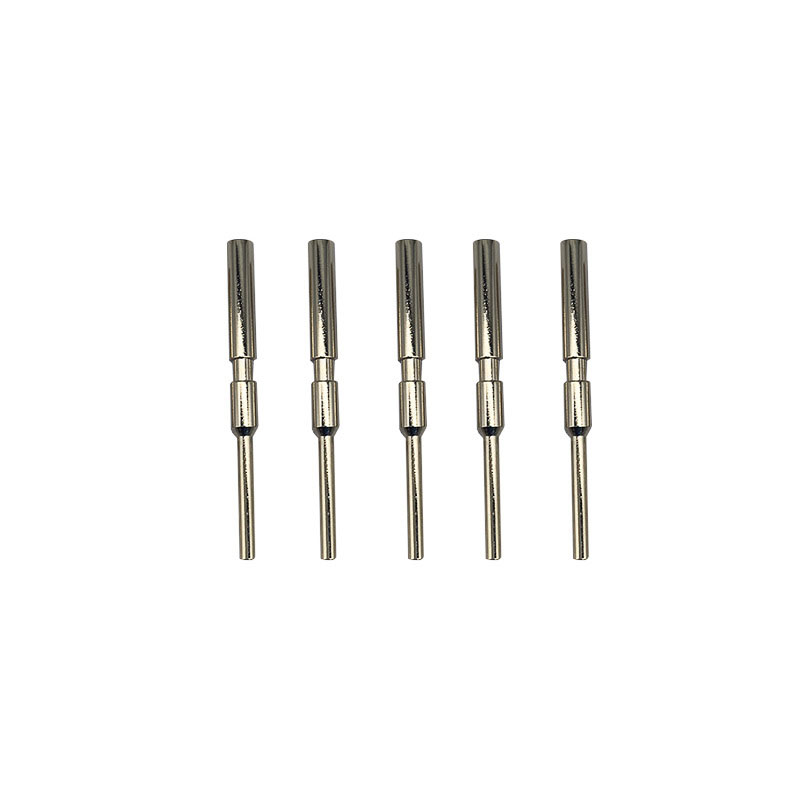
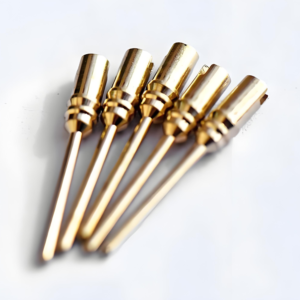
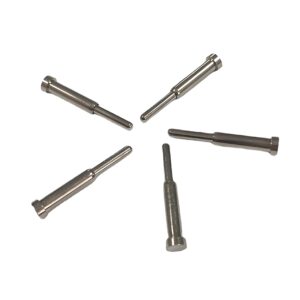
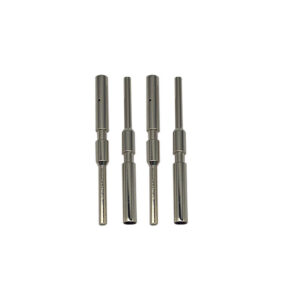
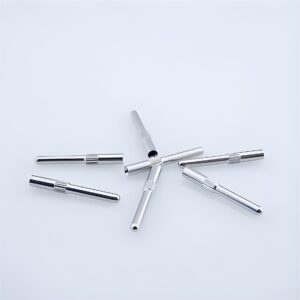
Reviews
There are no reviews yet.